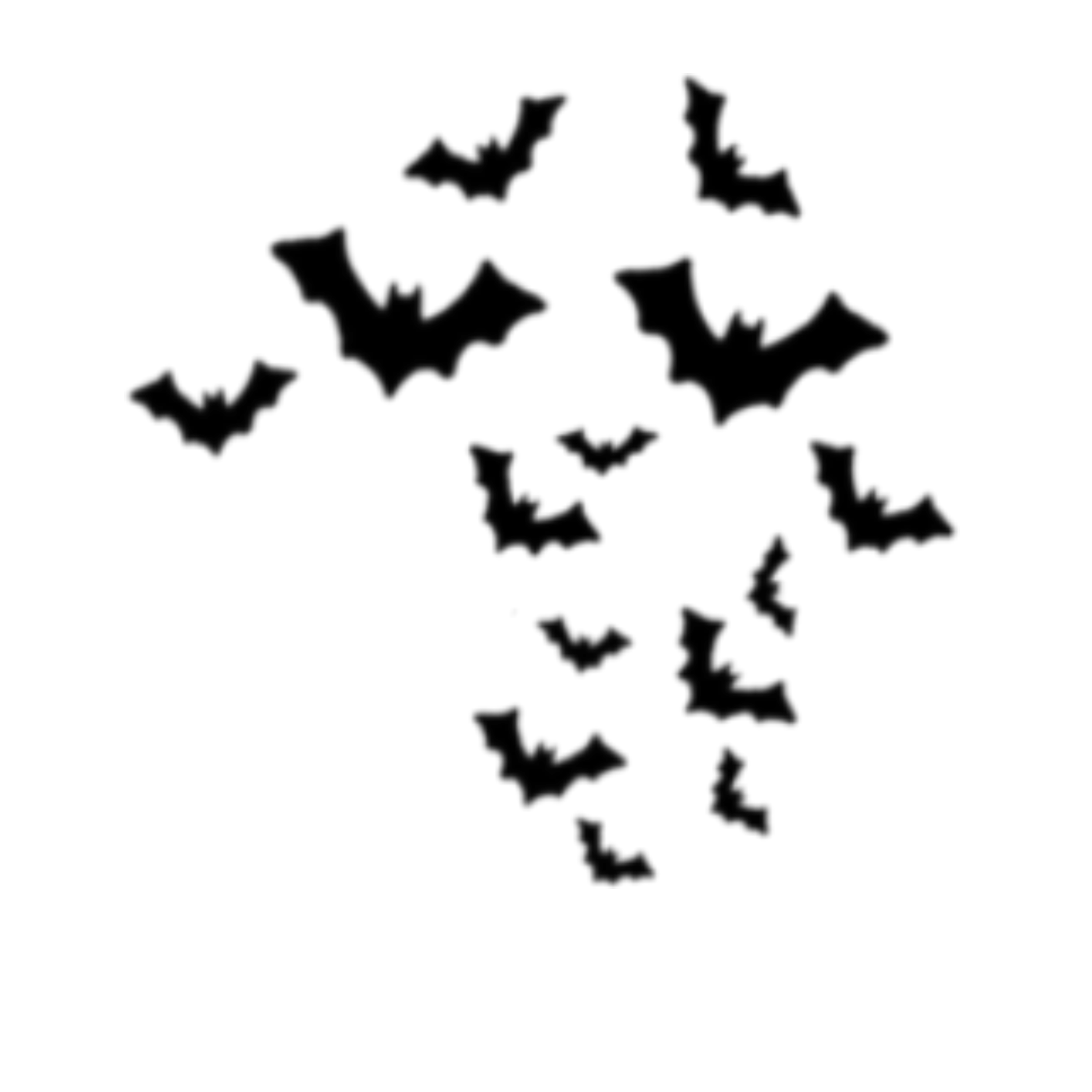
Appearances
CONVENTIONS
|
Sep
10‑12
2021
|
Rose City Comic ConOregon Convention Center | Portland, OR |
|
Oct
1‑3
2021
|
MileHiConDenver Marriott Tech Center | Denver, CO |
|
Nov
26‑28
2021
|
San Diego Comic-Con Special EditionSan Diego Convention Center | San Diego, CA |
|
Dec
2‑5
2021
|
Emerald City Comic ConWashington State Convention Center | Seattle, WA |
Writing this story arc has made me a death nerd. I looked up where the term “wake” came from. From Wikipedia:
The term originally referred to a late-night prayer vigil but is now mostly used for the social interactions accompanying a funeral. While the modern usage of the verb “wake” is “become or stay alert”, a “wake” for the dead harks back to the antiquated “watch” or “guard” sense. This is contrary to the misconception that people at a wake are waiting in case the deceased should “wake up”.2
The term wake originated from Middle English wakien, waken, from Old English wacan, to wake up and wacian, to be awake, keep watch.3 and was originally used to denote a prayer vigil, often an annual event held on the feast day of the saint to whom a parish church was dedicated.4 Over time the association with prayer has become less important, although not lost completely,5 and in many countries a wake is now mostly associated with the social interactions accompanying a funeral.2
You can go back to the beginning of this story arc HERE.
Talking about death can be difficult, especially if you’re trying to talk about it with children. I did some research about how to talk to children about death before writing this story arc. If you ever find yourself in that difficult situation, maybe these sources can help you:

